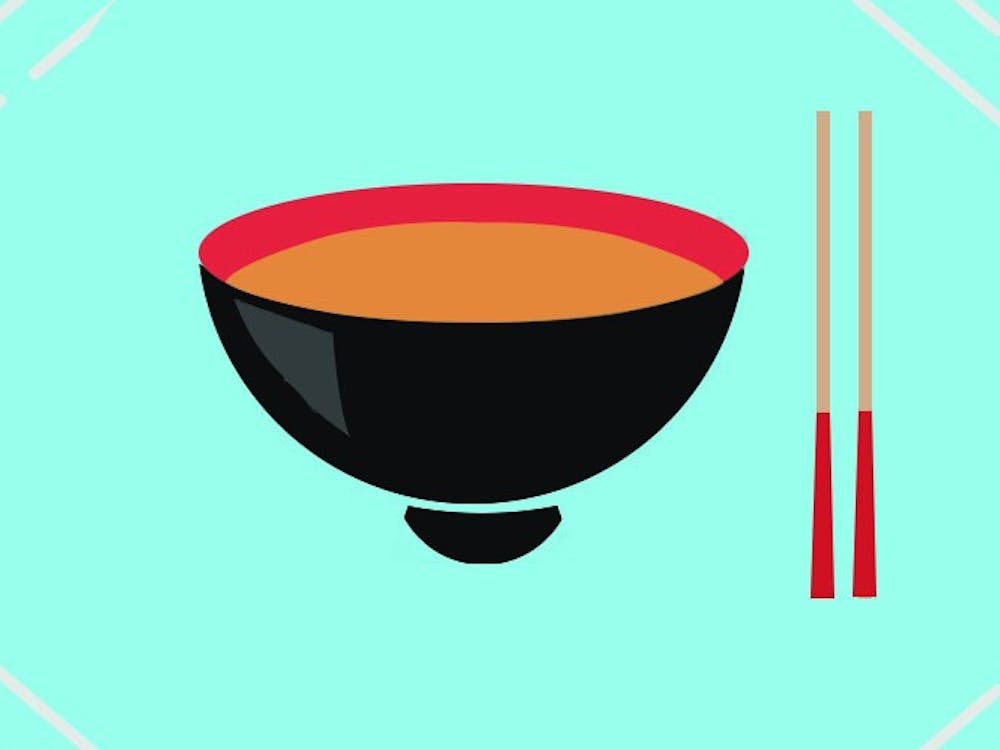Dear Sexpert,
I am a varsity athlete on campus. Because of the strength and cardiovascular demands of my sport, I have some reservations about using hormonal birth control, for fear that it might affect my athletic performance. Should I even be worried about how hormones will affect me, or are there other effective, hormone-free birth control options for women?
— Sexually Active
Dear Active,
As a high-performance athlete who depends so much on physical fitness, you are completely justified in questioning the effect hormones might have on your body. Unfortunately, I am afraid that I cannot give you a definitive answer to this question. The truth is, no one really knows.
There haven’t been any significant studies on the effects of the hormones in “the Pill” on elite athletes. There was a small study that reported a 2-4 percent decrease in the body’s efficiency with oxygen use in women on “the Pill,” but the sample size was too small for the findings to be considered noteworthy. In any case, a decrease in your body’s oxygen use efficiency at that magnitude is probably not noticeable if you’re an elite athlete, Dr. Lindy Womack said in a 2011 article on SportsMD.
Still not convinced? Some women like to use hormonal contraception in order to decrease the symptoms of cramping and heavy blood loss during their menstrual cycle, as well as other PMS and menstrual-related symptoms. Some athletes also appreciate the ability to control the onset of menstrual bleeding so that they are not menstruating during important competitions. Having your period during an NCAA championship might be a little uncomfortable.
Everyone responds differently to hormonal changes, so it is important to find a birth control method that fits you. There are several low-dose birth control pills available. Additionally, vaginal contraceptive rings and hormonal intrauterine devices very slowly release a low dose of hormones. If you are still uncomfortable about using hormonal birth controls, there are a number of options available, though not all at University Health Services. Diaphragms, cervical caps and spermicide sponges are all good contraceptive options. However, cervical caps and spermicide sponges are not available at UHS and are sometimes a little more complicated to use correctly (and therefore effectively), so one must be careful. A very effective hormone-free option is another IUD called ParaGard. It is made from copper and is more than 99 percent effective.
It is important to remember that all the methods of birth control that have thus far been mentioned will NOT protect you against sexually transmitted infections. The only options that provide protection against STIs are abstinence and barrier methods, such as male or female condoms.
To return to your original question about hormonal birth control and athletic performance: There is no solid evidence that hormonal contraception decreases athletic performance. Many elite female athletes use hormonal birth control with no apparent negative effects. Every woman has her own thoughts and criteria for birth control and should carefully consider all the options before making any decisions. I would advise you to schedule an appointment with Sexual Health and Wellness at UHS, where you can learn more about each individual method of birth control and find one that is right for you.
— The Sexpert
Interested in Sexual Health? The Sexpert is always looking for passionate members of the community to join the team of sexual health educators who, along with fact-checking from University health professionals, help write these columns. Email sexpert@dailyprince-tonian.com for more information and, of course, with your questions about sexual health. Don’t be shy!









